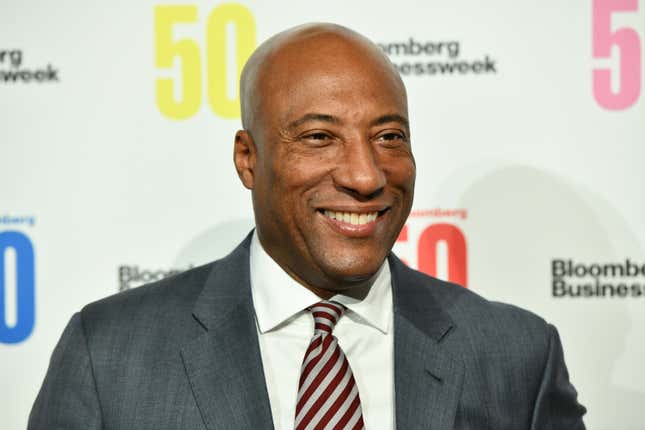
If you’re suing a person or company for racial discrimination, do you need to prove that race was the sole factor for the discrimination, or merely a contributing factor? That’s the legal decision the Supreme Court will soon decide.
On Monday, the high court agreed to hear a case filed against Comcast, the country’s largest cable provider, concerning its refusal to carry networks owned and operated by Entertainment Studios Network, a black-owned media company.
As CNN reports, “after years of being passed over for white-owned networks, Entertainment Studios sued Comcast for racial discrimination in contracting,” lawyers for Entertainment Studios argued in their briefs.
The case comes before the Supreme Court because the complaint was initially dismissed; that decision was then overturned by California’s Ninth Circuit Court of Appeals. In a unanimous three-judge decision, the New York Times writes, the court cited a Reconstruction-era federal law that mandates “all persons” have the same right to “make and enforce contracts” that white citizens do.
“Plaintiffs needed only to plausibly allege that discriminatory intent was a factor in Comcast’s refusal to contract,” the judges found. In other words, race need not be the sole reason for an action in order to bring forward a discrimination complaint.
In appealing the court’s decision, Comcast now leaves that matter for the Supreme Court to decide.
“How the justices answer that question could have enormous ramifications for similar race discrimination claims going forward,” CNN’s Supreme Court analyst Steve Vladeck said.
Entertainment Studios, founded by businessman and former comedian Byron Allen, claims that Comcast expressed interest in its networks, but ultimately passed them over in favor of white-owned networks that were “lesser-known.”
“Comcast claimed that it did not have sufficient bandwidth to carry Entertainment Studios’ channels, but Comcast launched more than 80 white-owned channels at the same time,” Entertainment Studios said in its brief.
Comcast called Entertainment Studios’ allegations “outlandish,” dismissing the company’s line of argument against it as nothing more than a conspiracy theory.
“Comcast has an outstanding record of supporting and fostering diverse programming, including programming from African-American owned channels, two more of which we launched earlier this year,” the cable provider said in a statement. “There has been no finding of discriminatory conduct by Comcast against this plaintiff because there has been none. We carry more than 100 networks geared toward diverse audiences.”

